Anima Mundi, Beauty News
Nourishing the Three Treasures: Essential Oils and Aromatherapy to Support Jing, Qi, and Shen
The Three Treasures
In Taoism and Traditional Chinese Medicine (TCM), we receive three treasures at birth: Jing (essence), Qi (vitality), and Shen (spirit). These treasures form the physical, energetic, and spiritual foundation of our lives, influencing our longevity and overall quality of life.
In alchemy, these treasures represent a path toward ultimate enlightenment, transforming essence into energy, and then into spirit, eventually returning to the primordial Tao. In medicine and martial arts, protecting and cultivating these treasures promotes longevity and health, essential for completing the inner alchemy of liberation.
A Brief History of Distilling Essential Oils in China
Ancient China was familiar with the distillation and use of essential oils in both medicine and alchemy. Distillation of aromatic plants was part of a broader search for elixirs of longevity and immortality, using various plants and minerals. These explorations led to discoveries that contributed to modern chemistry and industries, including fermentation, alcohol distillation, and metallurgy.
An interesting early example of Chinese aromatherapy is from Chang Shi Nan in 1233, describing the preparation of “flower dew.” He wrote: “The people of San Shan say that the oranges of Yung Chia are the best in the whole world. There is one kind called Chu Luan (neroli), the flowers of which have a perfume excelling that of all other citrus flowers. They are placed, with shavings of Chen Xiang (agarwood) in small steamers in a small still so that the flowers and wood form alternate layers. At the opening at the side of the still drops of liquid collect like sweat and are received in a container. The perfume is extraordinarily elegant.”
Over time, distillation became a part of Chinese medicine and inner alchemy, both literally and metaphorically. Distillation was used to create elixirs and tinctures, purify minerals and metals, and guide the transmutation of Jing into Qi and Qi into Shen, similar to how kundalini and chakras are used in Tantric yogas. In aromatherapy, essential oils can support meditation, naturally transforming Jing into Qi and Qi into Shen during states of tranquility and inner peace.
Aromatherapy and Jing
Jing: The Essence
Jing refers to the essence of sexual vitality and reproductive fluids, the medium of genetic ancestry, and the storehouse of our constitutional strength. Depletion of Jing weakens libido, mental and emotional vitality, and depletes blood and fluids. Jing’s concept is similar to Shukra in Ayurveda (reproductive fluids and sexual vitality) and aspects of Ojas (core immunity and endurance).
As we age, Jing declines, accelerating the aging process. This decline is directly correlated to hormonal changes, such as menopause and reduced sperm production. Herbs that strengthen and rejuvenate Jing include sexual restoratives, aphrodisiacs, adaptogens, and fluid-nourishing species.
Plants also have Jing, correlating with their nectar and pollen, which attract pollinators. Floral essential oils, being part of the reproductive system of flowers, nourish our Jing.
Ways to Nourish Jing with Essential Oils
- Massage with warm oil infused with a few drops of ylang-ylang, especially with a loved one.
- Aromatic bath with clary sage oil, sipping rose petal tea.
- Diffuse geranium oil while practicing deep relaxation and slow breathing.
- Wear jasmine and rose oil as a perfume.
- Place lavender oil on your pillow for euphoric relaxation before sleep.
- Mix neroli oil with a drop of agarwood oil for an elegant perfume.
Nourishing Jing makes us feel more pleasure, sensuality, and rest. We feel rejuvenated, relaxed, and positive, experiencing more love, happiness, patience, and equanimity. Jing is the opposite of stress, tension, and depression.
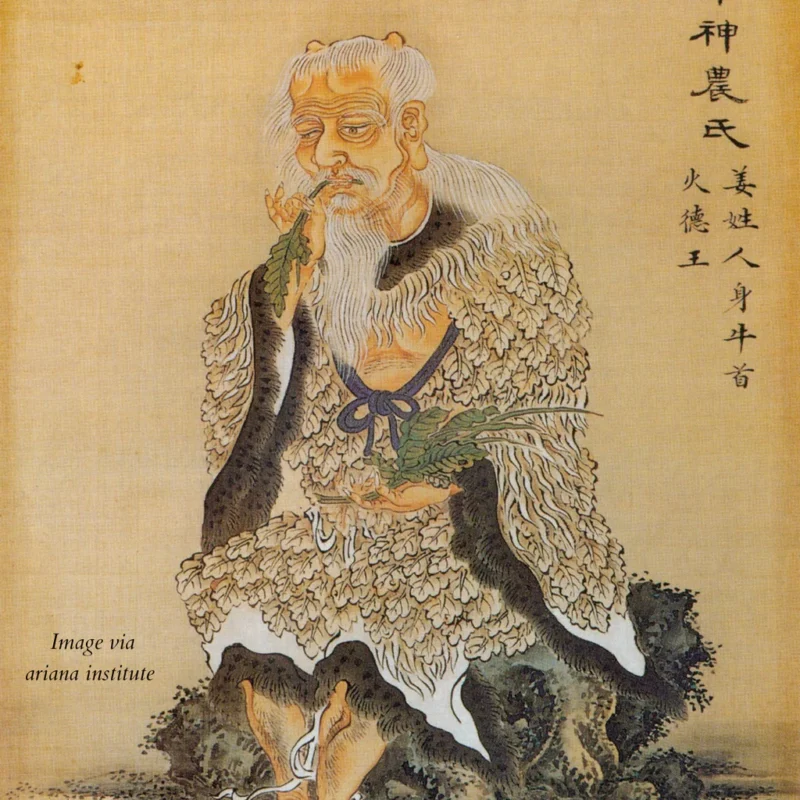
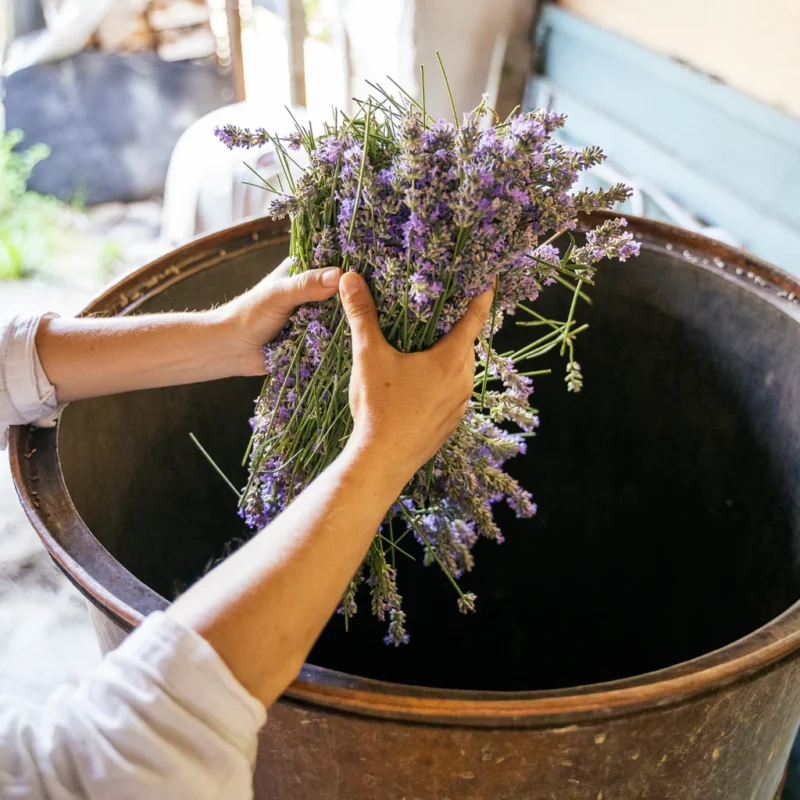
Aromatherapy and Qi
Qi: The Vital Energy
Qi has many meanings in Chinese medicine and Taoism, related to distillation and aromatherapy. The character for Qi signifies “steam rising from rice as it cooks,” describing the vaporous essence from nutrients in the digestive fire. Qi is associated with clouds, gases, weather, and the transformative processes of atmospheric phenomena. Qi also means breath, smell, odor, and flavor.
Qi has many forms in the body, including the Qi of organs, fluids, and metabolism. One important application of aromatherapy is to strengthen Wei Qi, the defensive Qi of the body surface and lungs, providing resistance against weather changes and airborne pathogens. Essential oils are primary treatments for strengthening Wei Qi against airborne pathogens due to their antimicrobial and immune-enhancing powers.
Strengthening Wei Qi with Essential Oils
Essential oils can benefit Wei Qi through diffusion, compresses, baths, and steam inhalation, especially in winter or for those with frequent colds and flus. Oils like conifers and eucalypti have antimicrobial actions and respiratory benefits. Sacred scents like frankincense and Palo Santo purify the air and strengthen respiratory immunity while calming the mind. Strong antiviral oils like ravensara and tea tree support Wei Qi, as do citrus oils for atmospheric purification. Lavender and other medicinal flowers, wood oils like cedar, and traditional spices and herbs like oregano, thyme, and rosemary are also beneficial.
Aromatherapy and Shen
Shen: The Spirit
Shen has many meanings, including God, deities, and supernatural beings. In TCM, Shen relates to consciousness, awareness, mental faculties, and expressions. Treating Shen supports mental and emotional well-being, the fundamental reason for engaging in spiritual practices. Shen is the final transformation of consciousness before entering the formless Tao.
In TCM, Shen disturbances range from mild stress and tension to severe mental illness. A healthy Shen is related to positive mental and emotional states, while an unhealthy Shen relates to negative states. Shen could be correlated with “presence,” where the mind is clear, stable, and lucid.
Supporting Shen with Aromatherapy
Aromatherapy can calm, stabilize, and elevate Shen, infusing the vapors of plants into the body. Oils that support Shen have significant effects on the mind, emotions, sleep, relaxation, and other expressions of Shen.
Oils to Support Shen:
- Relaxant anxiolytics and nervine tonic anti-depressants: Lavender, clary sage, geranium, rose, and other florals.
- Oils for releasing repressed memories and emotional traumas: Jatamansi, valerian, and dream-inducing oils like clary sage.
- Oils that evoke spiritual moods: Agarwood, sandalwood, frankincense, Palo Santo, rose, lotus, and exotic florals.
- Cognitive function enhancers: Conifers and eucalypti for clearing the mind, lavender and lemon balm for focus and relaxation, and peppermint and rosemary for stimulation.
Using aromatherapy as part of regular meditation practice enhances its effectiveness, helping the nervous system recognize and remember deeper states of relaxation.
Conclusion
Protecting, nourishing, and cultivating the three treasures of Jing, Qi, and Shen is the foundation of longevity, health, well-being, and spiritual attainment. Traditionally, this has been done with herbal medicine and meditation. Now, with access to a variety of essential oils, we can easily incorporate them into our practices to develop and refine these treasures. Using floral oils enhances sensuality and rejuvenates Jing, atmospheric purifying oils protect respiratory immunity and strengthen Qi, and aromatherapy deepens meditation, nourishing Shen.

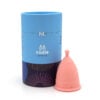

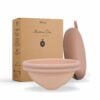


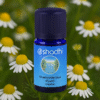
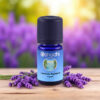


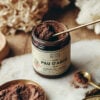

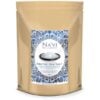

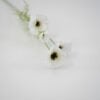


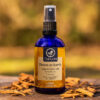
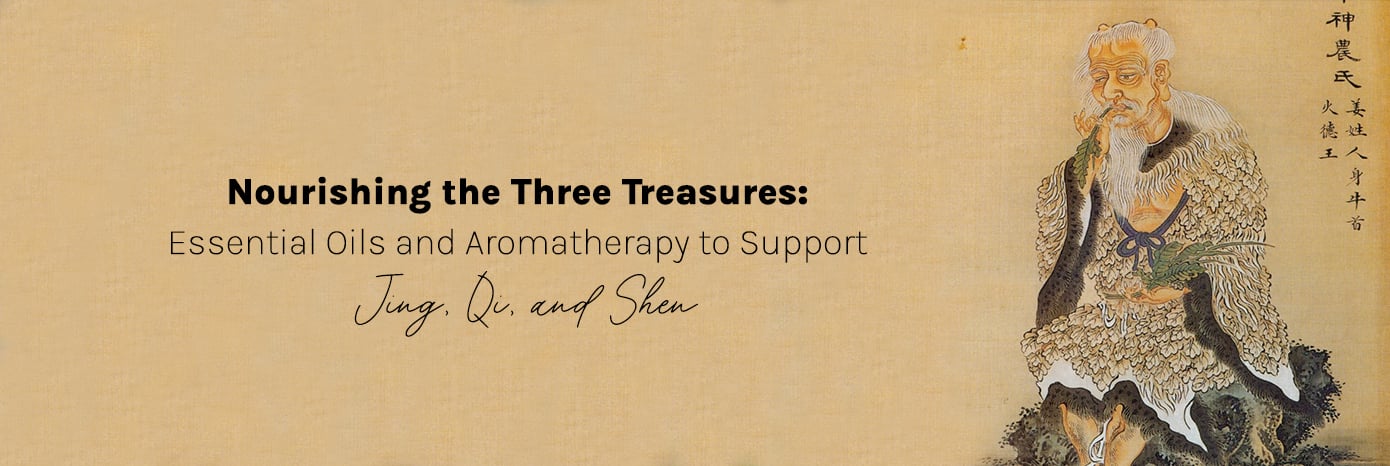
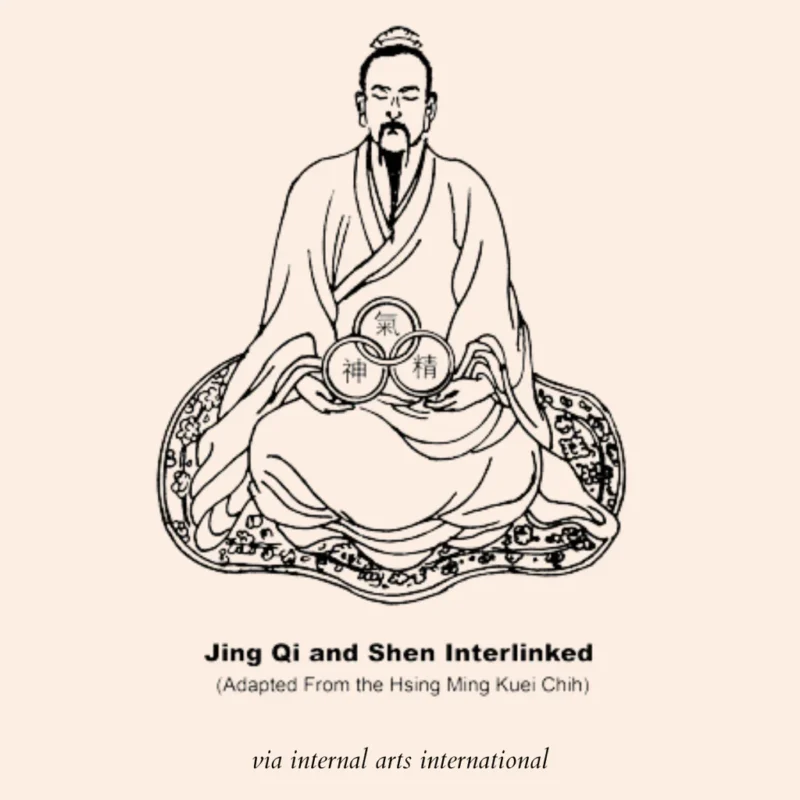
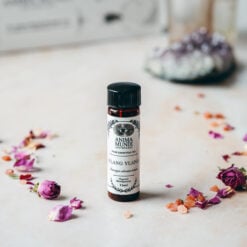
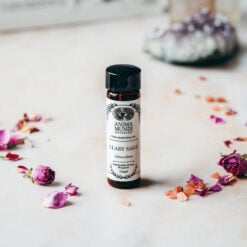

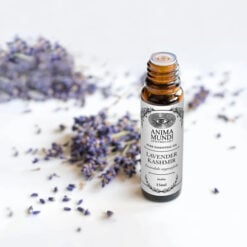
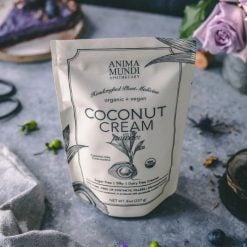
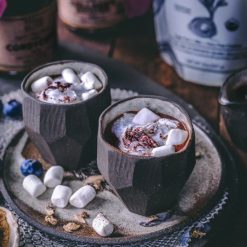
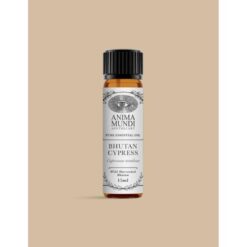












 Beauty Products
Beauty Products By Skintype
By Skintype Brands A-Z
Brands A-Z Wellness
Wellness Health / Nutrition
Health / Nutrition